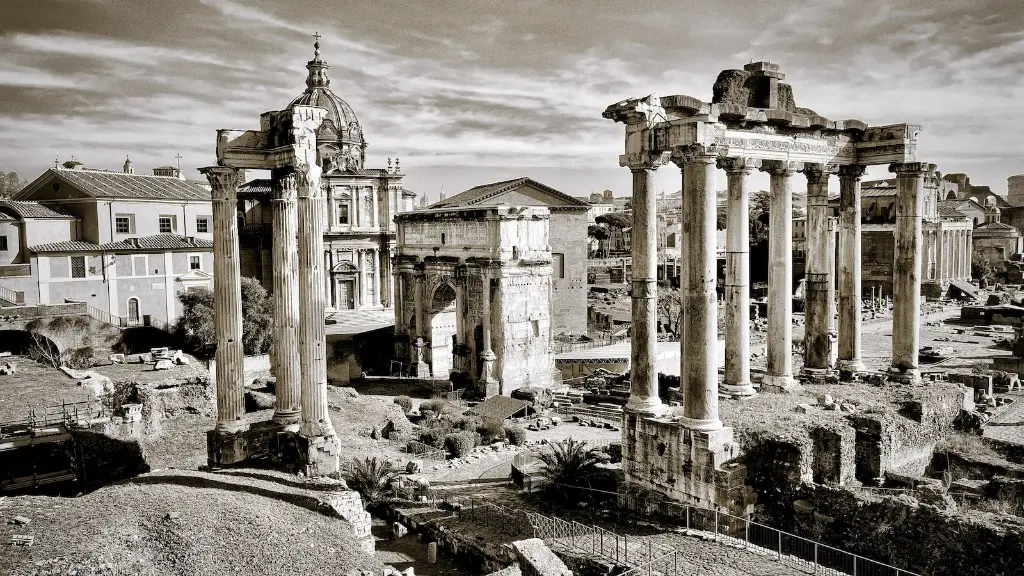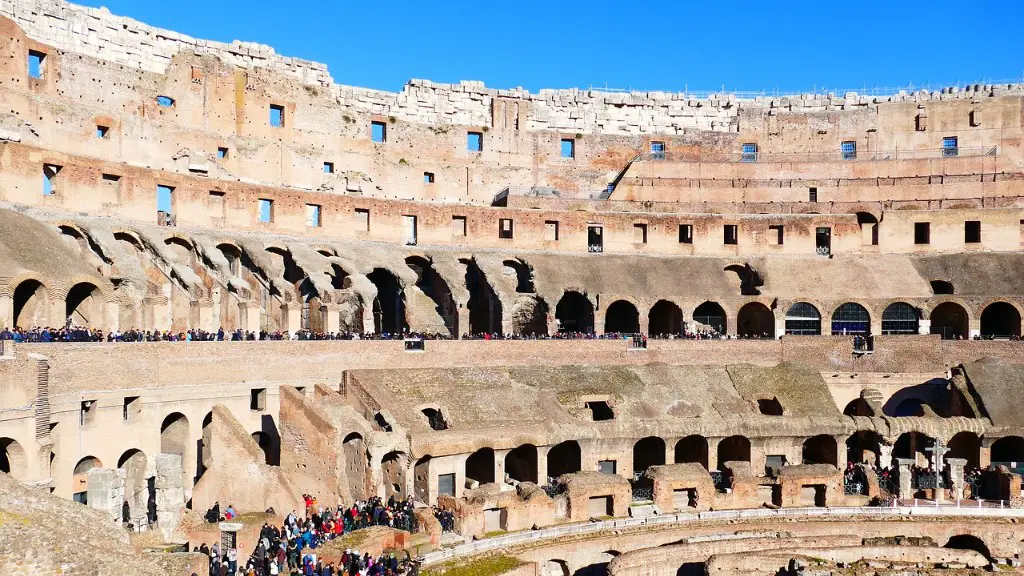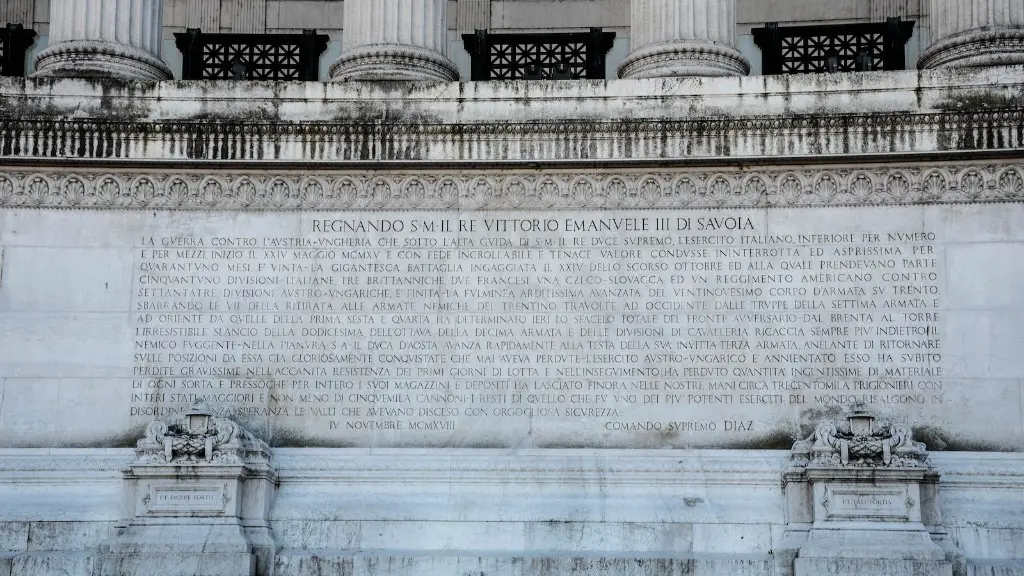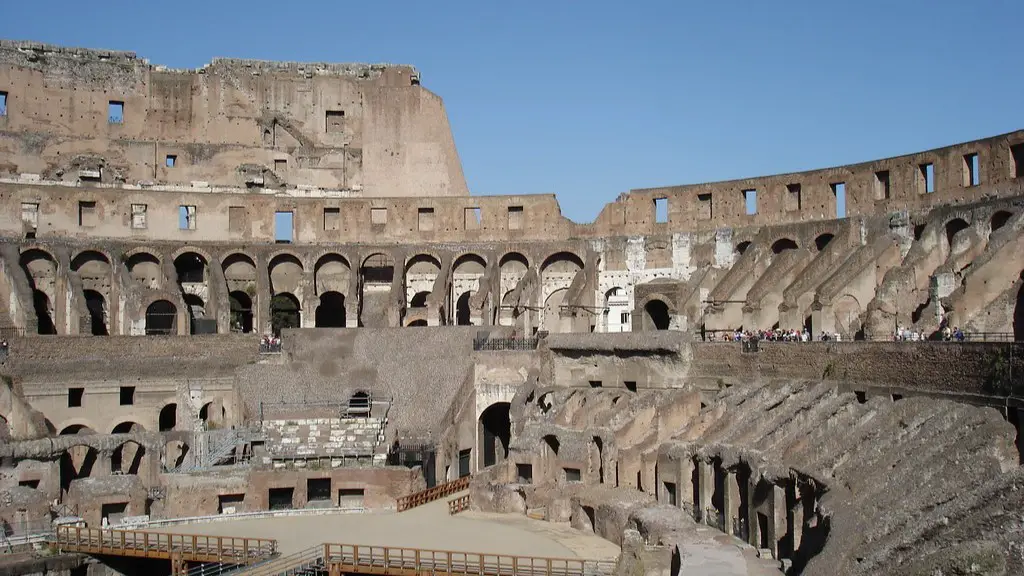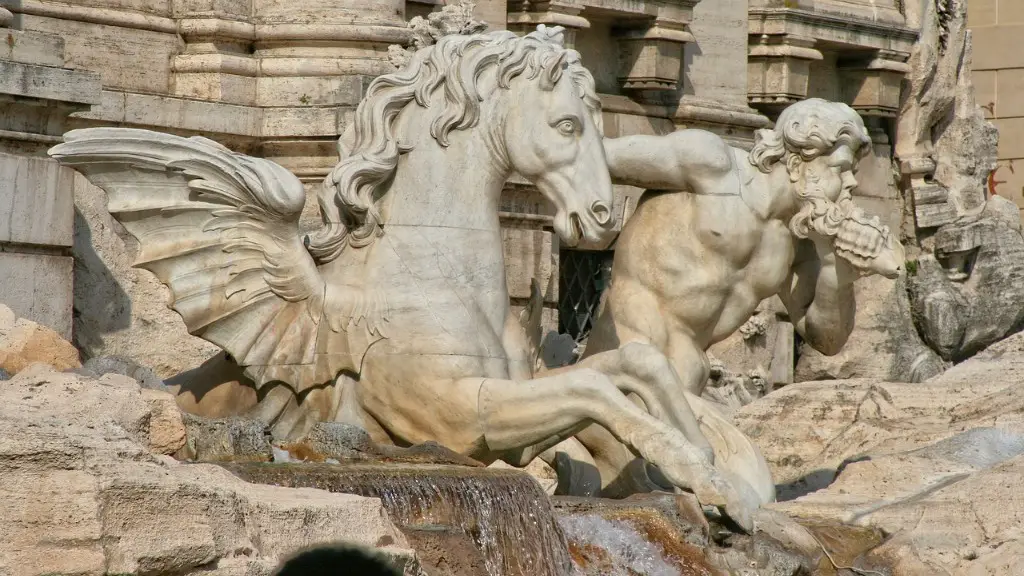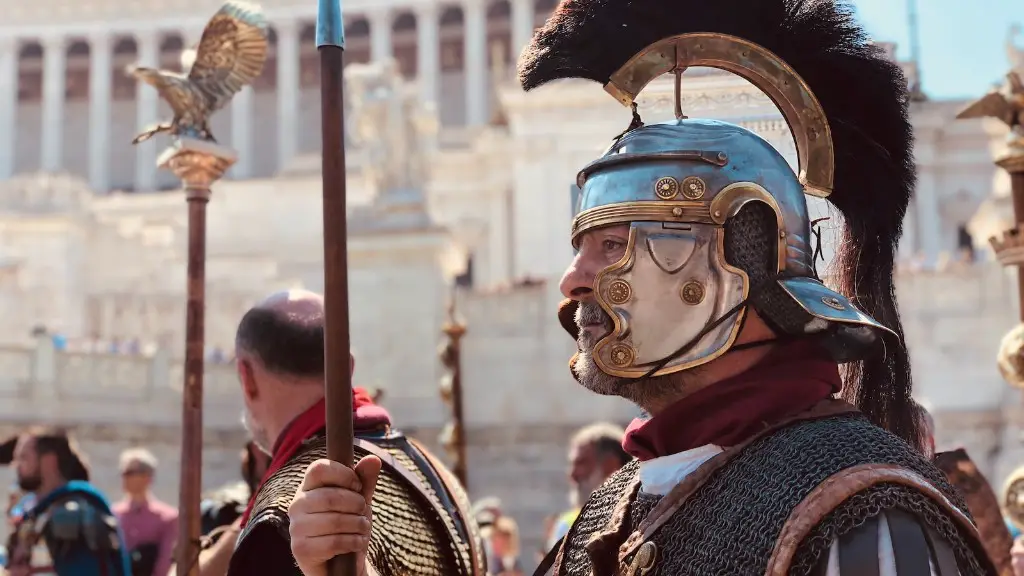Throughout history, there have been many powerful empires that have had a profound impact on the development of later civilizations. One of the most influential of these was the ancient Roman Empire. The Romans were a highly advanced society with great achievements in engineering, architecture, art, and governance. They left a lasting legacy that can still be seen in many modern societies.
The Roman Republic was one of the most influential political and military powers in the Western and Eastern worlds for centuries. Rome’s impact on later civilizations was vast, encompassing everything from politics and government to religion and culture. The Roman Republic was the medieval world’s superpower, and its legacy can still be seen in modern times.
What was a lasting impact of Ancient Rome?
Roman law was one of the most influential legal systems of all time. Many modern-day legal concepts can trace their roots back to Roman law, including trial by jury, civil rights, contracts, personal property, legal wills, and corporations. The Roman way of looking at things shaped the development of these legal concepts and helped shape the modern legal landscape.
Roman mythology had a great impact on later civilizations. Many of the symbols, metaphors, words, and idealized images that are used in Western civilization come from ancient Roman mythology. This is because the Roman civilization was one of the most influential and powerful empires of its time. The Roman Empire was so vast and influential that its mythology and culture spread throughout the world. Many of the things that we take for granted in our modern world are actually based on Roman mythology. For example, the images of Cupid and Venus are based on the Roman gods Cupid and Venus. The months of the year are also named after Roman gods and goddesses. Even the names of the days of the week are based on Roman mythology. All of these things show the great impact that Roman mythology has had on later civilizations.
What aspects of Roman culture influenced future civilizations
The Roman legal system was one of the most influential in the development of Western law. Many of the concepts that we take for granted today, like trial by jury, civil rights, contracts, personal property, legal wills, and corporations, all were influenced by Roman law and the Roman way of looking at things. The Latin language spoken by the Romans also spread throughout much of Western Europe during the time of the Roman Empire, furthering the influence of Roman law.
The Roman influence in modern buildings can be seen in several ways. Firstly, in terms of design, Roman architecture is characterized by features such as domes, pillars, and arches. Secondly, in terms of material, Roman buildings make use of materials such as tiles, bricks, and concrete. Finally, several modern structures, such as sports arenas, spas, supermarkets, and apartment buildings, are modeled on Roman originals.
What were Rome’s greatest contributions to civilization?
The ancient Romans were a remarkable people who left a lasting legacy on the world. One of their most significant contributions was the invention of cement. This new material was stronger than stone and allowed the construction of huge arches and domes. The Romans also used concrete to build more than 50,000 miles of roads. This helped unify the empire and made trade and travel much easier. The lasting contributions of Rome are many and we continue to benefit from them today.
Even now, their developments continue to touch our lives and contribute to the world.
Cement, the Aqueduct, Sanitation, Roads, Social care and welfare, Julian Calendar, Elements of surgery, Elements of the modern legal system – these are just some of the ways that the Ancient Romans have shaped our world. Even after centuries of being gone, their influence can still be seen and felt.
What are some examples of Roman influence on our lives today?
Today, the most obvious impact of the Romans is their buildings. From military structures such as forts and walls (including the spectacular Hadrian’s Wall) to engineering feats such as baths and aqueducts, the Romans have left a lasting legacy. Even though their empire has long since fallen, their buildings continue to stand as testament to their skill and artistry.
The Romans borrowed a great deal of their religion, mythology and other aspects of their culture from the Etruscans. The Etruscans were eventually conquered and absorbed into Rome. The Greeks also had an enormous influence on the Romans.
How did Ancient Rome influence the United States
Rome was a major inspiration for the US Constitution, as it included many features that were later adopted by the Founding Fathers. These features include the checks and balances system, the bicameral legislature, term limits, and age requirements. In some cases, the Founders even borrowed terminology from the Roman constitution, such as “senate,” “capitol,” and “committee.”
Roman architecture was so impressive – both in how it functioned and how the buildings looked – that it was the model for later buildings throughout the world. Even today, over 2,000 years later, Roman roads, buildings, arches, and aqueducts still stand. This is a testament to the strength and durability of Roman architecture.
What two civilizations are the Romans influenced by?
The Romans borrowed and adapted ideas from the Greeks, as well as the Etruscans. Greek architecture was one important influence on the Romans. The Romans developed their own architectural style, which was influenced by both the Greeks and the Etruscans.
All of these things have their origins in Rome! Roads, central heating, concrete, the calendar, and even flushing toilets and sewers all have their origins in Rome. Pretty amazing, huh? It just goes to show that the city has had a huge impact on the world.
Which of the following Roman ideas had the greatest influence on later civilizations
The principal governing body of Rome was the senate, which was made up of wealthy landowners. The senate ruled Rome outright for 500 years, and maintained significant influence even once Rome had become an empire. The idea of a senate was influential in subsequent governments, and the Roman Senate served as a model for many later governing bodies.
The most lasting and great contribution of the Romans to western civilization is the law. The earliest Roman law mostly dealt with the rights of the Roman citizens. With the expansion of the Roman Empire, the Romans came to accept that laws should be fair and equal to every person, whether wealthy or poor.
What was the greatest and most enduring achievement of the Romans to civilization?
The Roman Empire was one of the most impressive empires in history. It spread across three continents and lasted for over a thousand years. The empire was a major achievement for the Romans and greatly impacted the world.
The Ancient Romans were one of the first to establish a government with distinct executive, legislative, and judicial branches. This system was later adopted by the United States and has served as a model for many other democracies since. The three-branch system helps to ensure that no one person or group has too much power and helps to keep the government balanced and operating smoothly.
Conclusion
Ancient Rome was one of the most powerful empires in the world for centuries. After the fall of the Roman Empire, many of the cultures that it had once dominated adopted aspects of Roman culture, such as the Latin language and Christianity. The influence of Rome can still be seen in modern times.
The ancient Roman civilization had a profound impact on the development of later civilizations. The Roman Republic and Empire were major political and military powers during their time, and their system of government, law, and infrastructure laid the foundation for many modern democracies. Additionally, the Romans were great engineers and architects, and their accomplishments in these fields have been copied and adapted by many later cultures. Finally, the Romans were a cosmopolitan people, their culture a mix of many different influences. This diversity helped to shape the cultures of many later civilizations.
